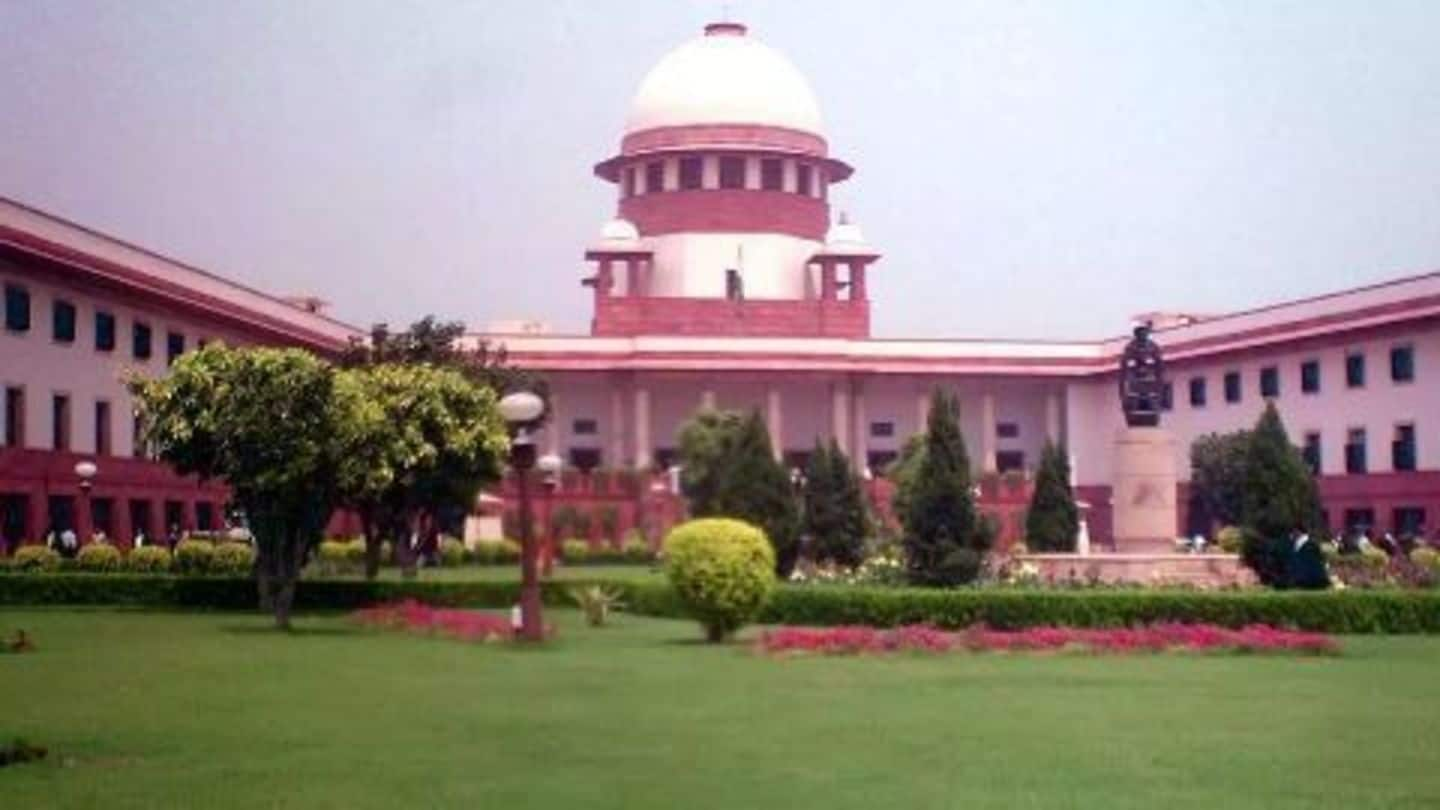
States can regulate pvt college fees: SC
What's the story
The Apex Court has ruled that the State has the authority to regulate private professional colleges as a means to spread education and check commercialization.
The court said that the right to establish and administer a private unaided education institution is not absolute but subject to regulatory powers of the state.
A regulatory framework for education is necessary in any welfare economy.
Background
A brief background of the case
Private self-financing medical and dental colleges had filed a petition in the Supreme Court against a Madhya Pradesh law, Niji Vyavasayik Shikshan Sanstha (Pravesh Ka Viniyaman Avam Shulk Ka Nirdharan) Adhiniyam, 2007.
The law aimed to regulate admission and fees in postgraduate courses, in private professional education institutions in the state.
It also provided reservation to SCs/STs and OBCs in professional education institutions.
Contention
What are the petitioners' claims?
The colleges had contended that the law violated their fundamental rights guaranteed under Article 19(1)(g) of the Indian Constitution.
Article 19(1)(g) allows anyone to practice any profession or carry on any occupation, trade or business.
The petitioners said that according to the 11-bench judgement of Supreme Court in the TMA Pai Foundation case, the right to administer an education institution is recognised as 'occupation'.
Personal
Excessive reservation?
Petitioners also contended that the law imposed excessive reservation on them leaving very few seats for the unreserved categories.
3 May 2016
Education is 'not a business': SC
The Supreme Court added that a law to have 50% share in management seats does not violate the right of autonomy of these institutions.
Nor does holding CET (Common Entrance Tests) by the state.
Similarly, the regulation of fees by the state is necessary for ensuring that fees "does not have the element of profiteering and also that no capitation fee etc. is charged."
MCI
A committee to oversee MCI functioning
The Constitutional bench of the court also criticized the functioning of Medical Council of India (MCI).
The court appointed a 3-member oversight committee headed by ex-Chief Justice, RM Lodha, to oversee the functioning of the MCI.
MCI decisions will require an approval of the committee, which has been asked to function initially for 1 year, till the Centre put in place an appropriate mechanism.